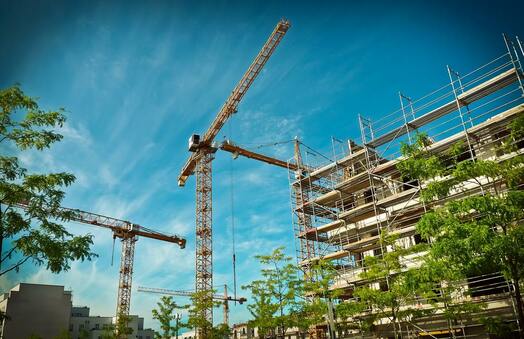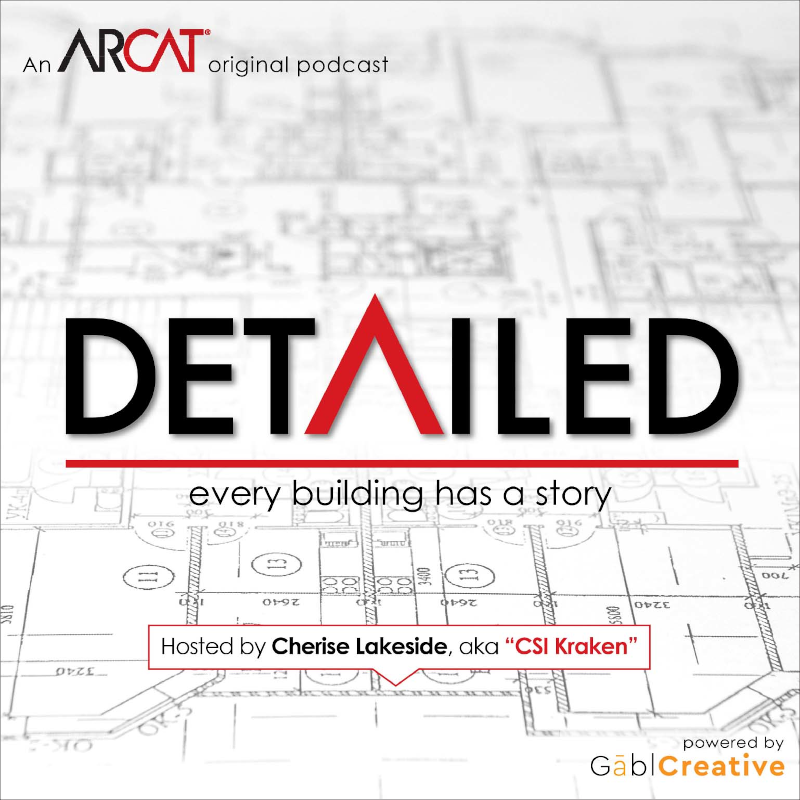|
Contributed by Eric D. Lussier I sat through a pre-construction meeting via conference call today to go over the ins and outs of our upcoming flooring installation. This project will be a combination of a renovated facility, with a new addition being constructed. We have a scope within each section, installing two dance floors in the renovated side and installing 5,000 square feet of gym flooring in the new construction. After we were asked to review our approximate duration on site to complete our work, we were addressed with the question "how long after the slab pour can you be installing your floor? Is two weeks enough?" At first, I thought I didn't hear the general contractor right, so I didn't put much emphasis on it. But then it was posed again. The project was behind schedule, they still wanted to be completed in May and they wanted to know how soon after the slab was poured could we be in there installing the floor. First, let me just say that we are supposed to utilize an on-slab vapor barrier as part of our synthetic gym flooring system that allows us to install up to 100% relative humidity in the concrete slab. But, but, but...two weeks after the pour? Were we really being asked that? We're going to be putting a non-breathing system on essentially a brand-new slab and then expect it to behave in a predictable manor? Secondly, how legitimate is this actual request? All other trade work needs to be done before the flooring actually goes in. Not only does that include the HVAC system, lighting and basketball hoops, among others, but they'll all be done within those two weeks? For the record, our flooring's installation instructions ask that "the concrete subfloor will be cured for a minimum of at least sixty (60) days.” That would put us well beyond the proposed opening date for the school. Fortunately, we can offer a two-part epoxy moisture mitigation system, which can be utilized with the only parameters being “Newly prepared concrete must be cured for 7 days”. We addressed our timelines and concerns and wrapped up our conference call after the Owner stated his position to the General Contractor on the importance of the schedule being met. He stated that our call should have been held months ago to state that the flooring couldn't go in during such a short window after placement. But was it really necessary to tell them this months ago? Is it not common knowledge what a typical new construction duration is? A few minutes after we wrapped the conference call, my contact with the General Contractor called me up to talk one-on-one and address the scheduling concerns that are now a hot-button issue. A laundry list of items has delayed this project from the start, anywhere from 8 days of unanticipated rock removal being undertaken to unforeseen trenchwork that was required with just more piled on top of that. All of these circumstances pushed the start of the project, but not the completion date of the schedule. Do you know who feels the biggest effect of these time crunches? The finishes guy. Us. And this isn't an exception. This has become the norm.
In one of my latest posts, I asked 'Is ALL of Construction on a Fast-Track?' where I stated 'overall project construction schedules and durations have been shortened for years now' and this project we're facing is a perfect example of that. But what about certain normal expectations? Like the proper curing time for a concrete slab? Or ample time for other trade work to complete their tasks? Is all this out the window for the sake of the grand opening and ribbon cutting? I'm thankful that we had this conversation in advance so that we could all be on the same page now. However, I'm still shocked that this conversation had to occur. We just took what was a 7-month schedule and are now being forced with looking at 4 months to complete it all. After all, we're all problems solvers in construction, right?
1 Comment
Evan Adams
3/6/2019 01:10:29 pm
^ what Eric said. 100%
Reply
Leave a Reply. |
AboutLet's Fix Construction is an avenue to offer creative solutions, separate myths from facts and erase misconceptions about the architecture, engineering and construction (AEC) industry. Check out Cherise's latest podcast
Get blog post notifications hereArchives
March 2022
Categories
All
|


 RSS Feed
RSS Feed
